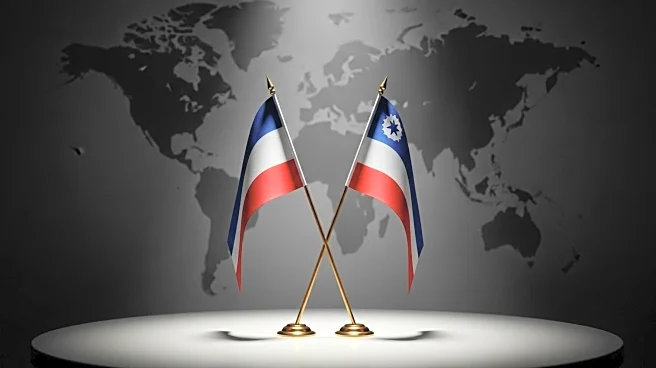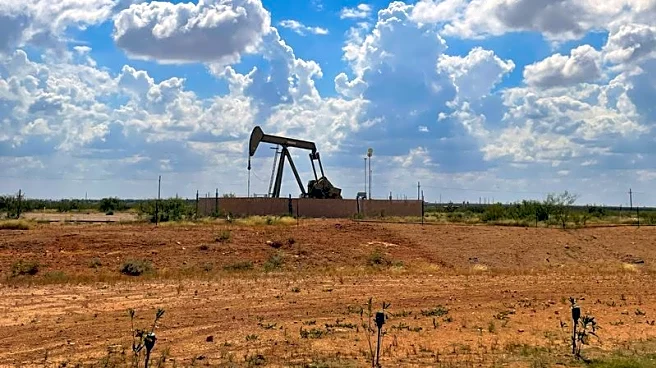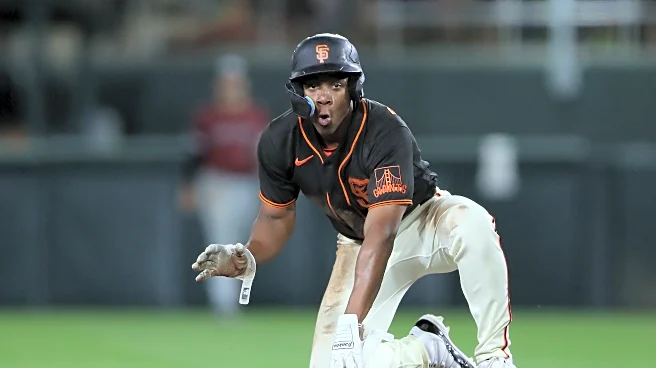What is the story about?
What's Happening?
Russian Foreign Minister Sergey Lavrov has expressed skepticism regarding the intentions of Ukrainian President Volodymyr Zelenskyy and European leaders in achieving peace in Ukraine. In an interview, Lavrov stated that these leaders do not want peace, despite ongoing diplomatic efforts. This comes amid heightened tensions and continued military actions in Ukraine. Lavrov's comments contrast with President Trump's push for a peace deal between Russia and Ukraine, highlighting differing perspectives on the conflict's resolution.
Why It's Important?
Lavrov's remarks underscore the complex geopolitical dynamics surrounding the Ukraine conflict. The skepticism towards Zelenskyy and European leaders could impact diplomatic relations and negotiations aimed at resolving the conflict. The situation affects global political stability and has implications for international alliances and economic sanctions. Stakeholders such as the U.S., NATO, and the European Union may need to reassess their strategies in supporting Ukraine and addressing Russian actions.
What's Next?
The ongoing conflict in Ukraine and Lavrov's statements may lead to further diplomatic discussions and potential shifts in international policy. The U.S. and European leaders might respond to Lavrov's claims by reinforcing their commitment to supporting Ukraine's sovereignty. Additionally, the possibility of new peace talks or negotiations could arise, depending on the evolving political landscape and military developments.
Beyond the Headlines
Lavrov's comments reflect broader issues of trust and credibility in international diplomacy. The differing narratives between Russia and Western countries highlight challenges in achieving consensus on peace efforts. This situation may influence public opinion and media coverage, affecting how the conflict is perceived globally.















